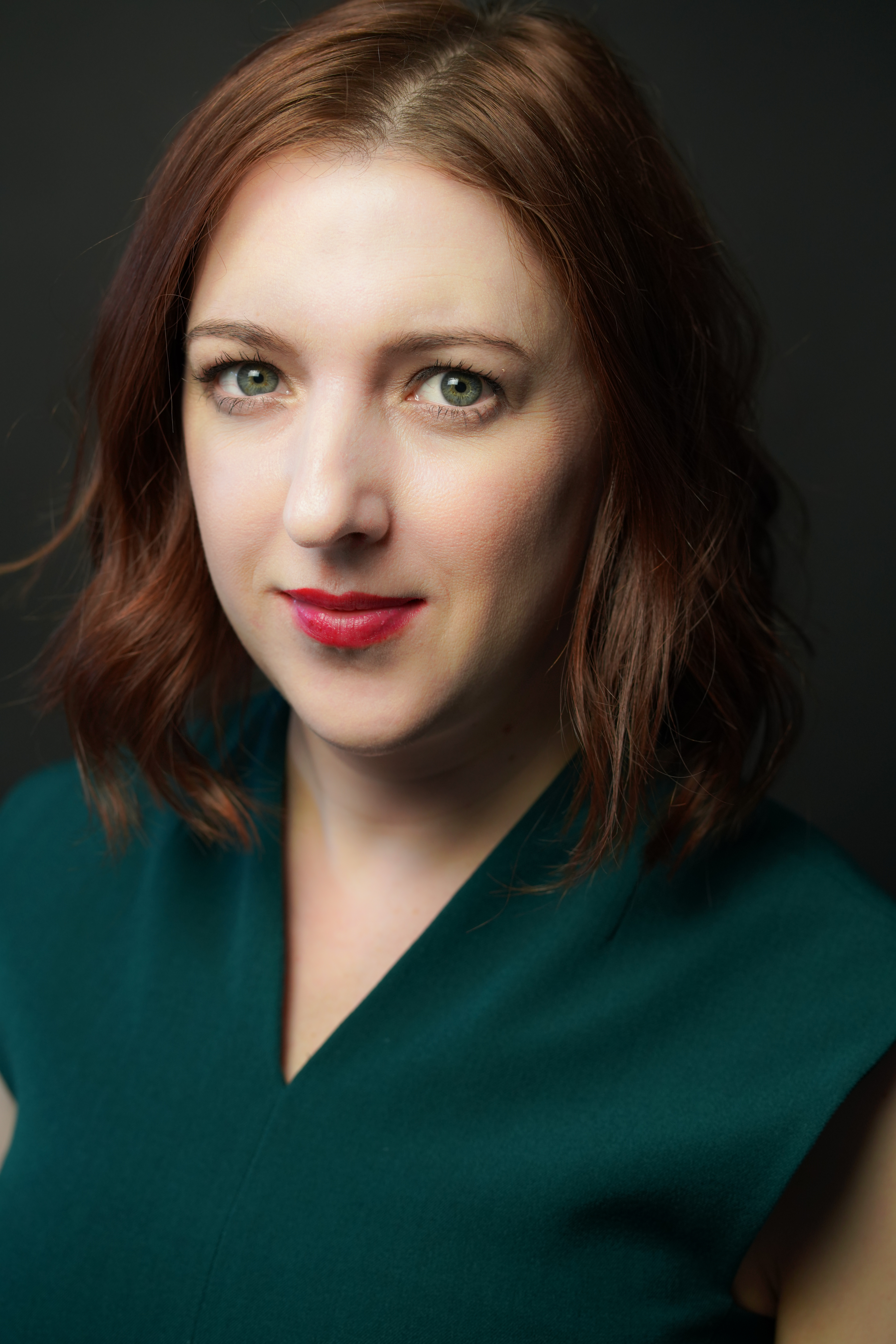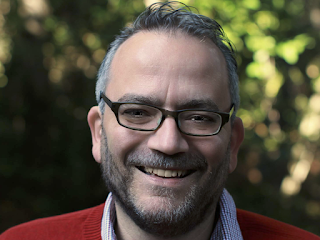Anne of the Thousand Days presents some special challenges to its cast, crew, and audiences. It catalogs the span of an entire relationship - all 1,000 of its days - in the span of a few hours of moments. It requires the audience to meet and get to know the many other names and faces involved in Anne and Henry's lives, from first meeting to final (and permanent) end. The play also presents its highly stylized (and fictionalized) story through two unreliable narrators as they attempt to justify the ending of their lives together. Heavy stuff.
From the very beginning, I hoped to stage this play in a way that put a unique focus on the performativity of memory. So many people go in and out of the lives of these two characters during their story - and when they outlive their place in the narrative, where do they go? In this production, the small cast ensures that the faces and bodies of Anne and Henry's memories are remade and recycled into the next wave of moments. Faces become familiar, but interchangeable, as the dynamics of the play's relationships blur and change along with them.
In the end, I hope the cast, crew, and audiences of this play are left with a sense of how memory - how we remember, and how we are remembered, the impermanence of people, places, and moments - can be embraced and experienced as a performance in its own right.
Melinda Marks



